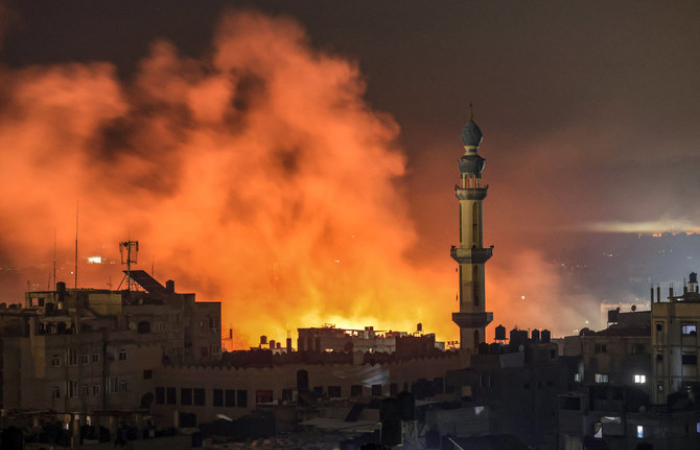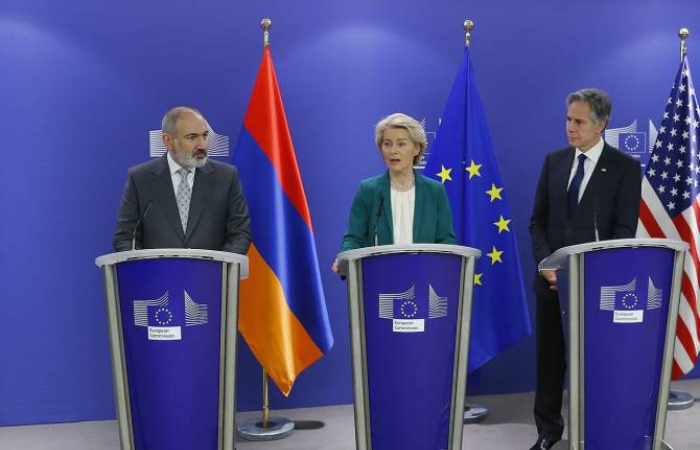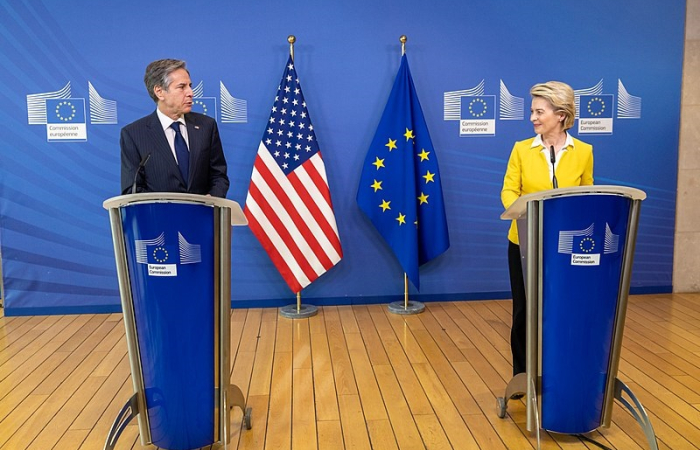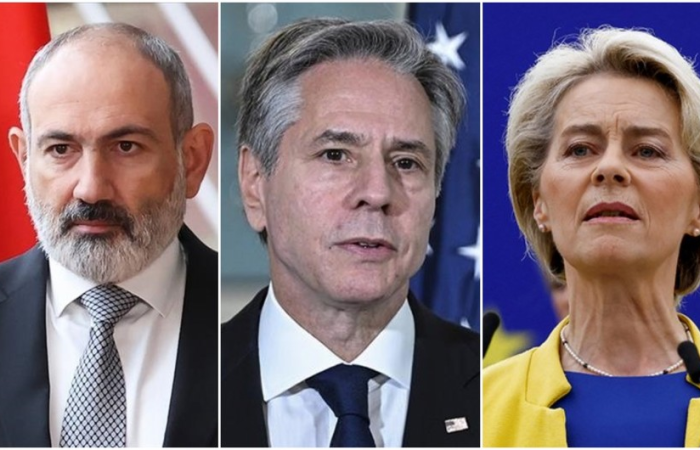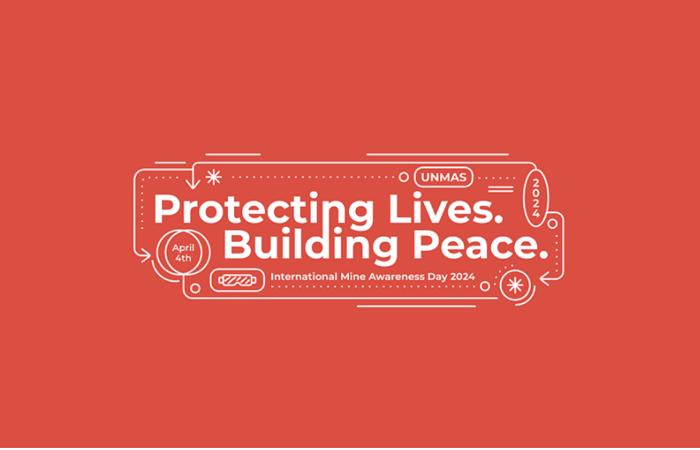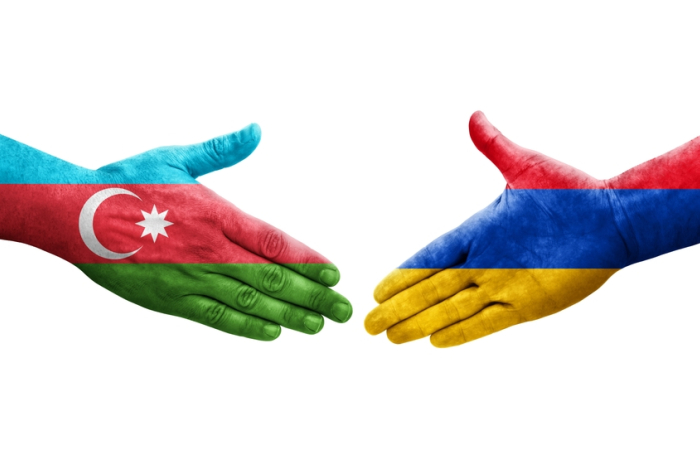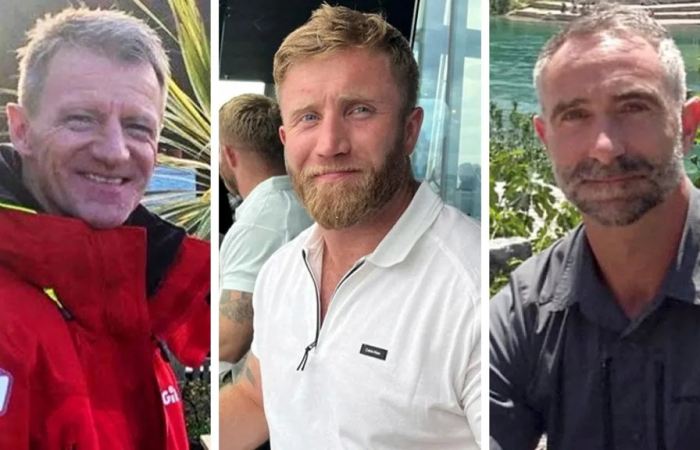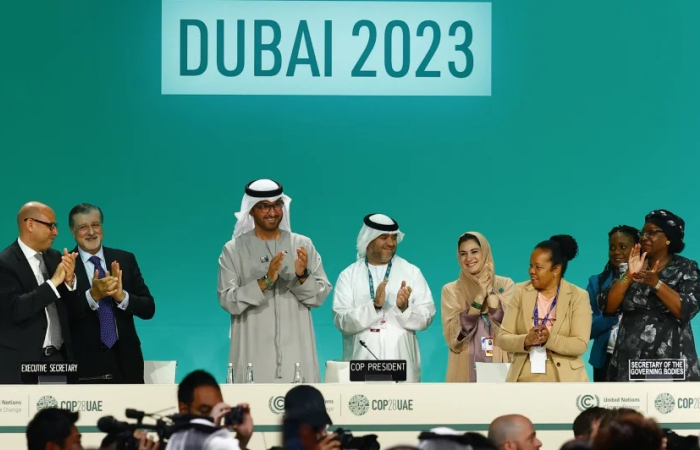Trending
The carbon footprint created in the first 60 days of the war in Gaza alone surpassed the annual emissions of 20 small countries, according to a recent study
7 April 2024
Whilst attention is at the moment rightly focused on the humanitarian catastrophe in Gaza resulting from the Israeli assault on the territory ongoing since October, the heavy price for the environment is now also becoming obvious.
Wars cause lasting damage to the environment in the form of emissions, pollutants, and the destruction of habitats. The war in Gaza has been no exception. Since the Oct. 7 Hamas-led attack on southern Israel, the Gaza Strip has come under intense Israeli bombardment, pulverizing buildings, demolishing sanitation services, lacing the earth with explosive remnants, and leaving the air thick with smoke and powdered concrete. Experts say the conflict has contributed to increased air and water pollution and the degradation of ecosystems, according to a report carried by the leading Gulf English language newspaper, Arab News. According to a study conducted by Queen Mary University of London, Lancaster University, and the Climate and Community Project, the carbon footprint created in the first 60 days of the war in Gaza alone surpassed the annual emissions of 20 small countries.
Published by the Social Science Research Network on Jan. 9, the paper, titled “A multitemporal snapshot of greenhouse gas emissions from the Israel-Gaza conflict,” found the impact of the war was comparable to burning at least 150,000 tonnes of coal.
Much of this was generated by Israeli fighter jets during bombing raids and by armored vehicles used in the ground invasion. Other contributors were the US military, flying supplies to Israel. Less than 1 percent of the emissions were caused by Hamas rockets.
Responding to the study’s findings, Rana Hajirasouli, founder and CEO of The Surpluss, a Dubai-based global climate tech platform, told Arab News, that “this does not include indirect emissions such as energy-intensive production of military equipment, infrastructure construction, and post-conflict reconstruction efforts.”



